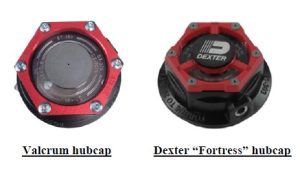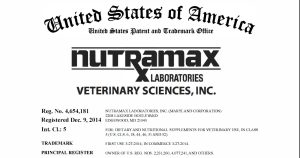 A recent court order in Warner Bros. Entertainment Inc. v. The Partnerships and Unincorporated Associations Identified on Schedule A highlights a shift in judicial handling of certain intellectual property lawsuits commonly known as “Schedule A” cases. These cases are typically filed under the Lanham Act, Copyright Act, or Patent Act against numerous online sellers, and often involve sealed dockets, temporary restraining orders, and asset freezes — all granted on an emergency, or ex parte, basis without prior notice to the defendants.
A recent court order in Warner Bros. Entertainment Inc. v. The Partnerships and Unincorporated Associations Identified on Schedule A highlights a shift in judicial handling of certain intellectual property lawsuits commonly known as “Schedule A” cases. These cases are typically filed under the Lanham Act, Copyright Act, or Patent Act against numerous online sellers, and often involve sealed dockets, temporary restraining orders, and asset freezes — all granted on an emergency, or ex parte, basis without prior notice to the defendants.
In this June 9, 2025 order, Judge John F. Kness of the Northern District of Illinois placed the case on hold and stayed all pending motions. The judge noted this pause would allow the court to reevaluate how these Schedule A cases are handled. Specifically, the court is taking a fresh look at whether these practices are appropriate and fair. The issues under review include whether ex parte proceedings should be the norm, whether sealing most or all of the case docket is justified, whether restraining orders and asset freezes should be issued without prior notice, and whether it’s proper to group numerous defendants into one lawsuit.
The case was not dismissed, but plaintiffs like Warner Bros.v were told they could choose to voluntarily move their lawsuits to another district. However, any further filings in the case would require permission from the court.
 Indiana Intellectual Property Law News
Indiana Intellectual Property Law News









